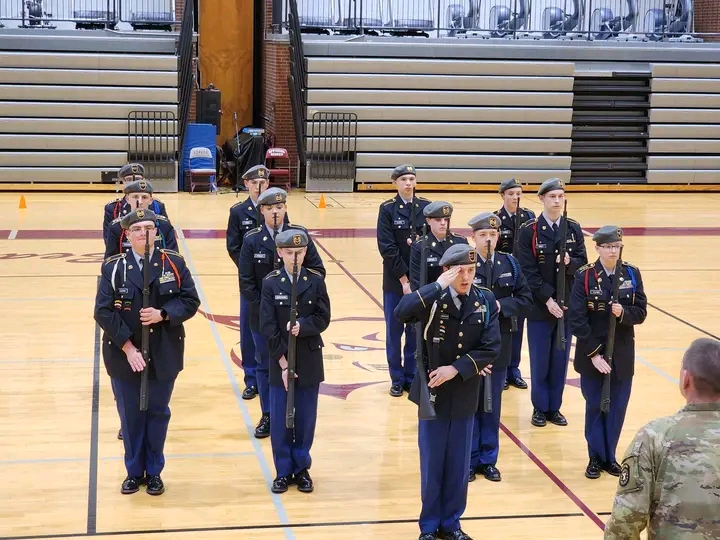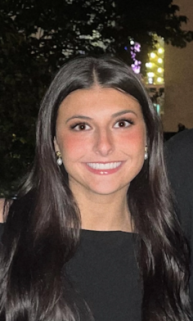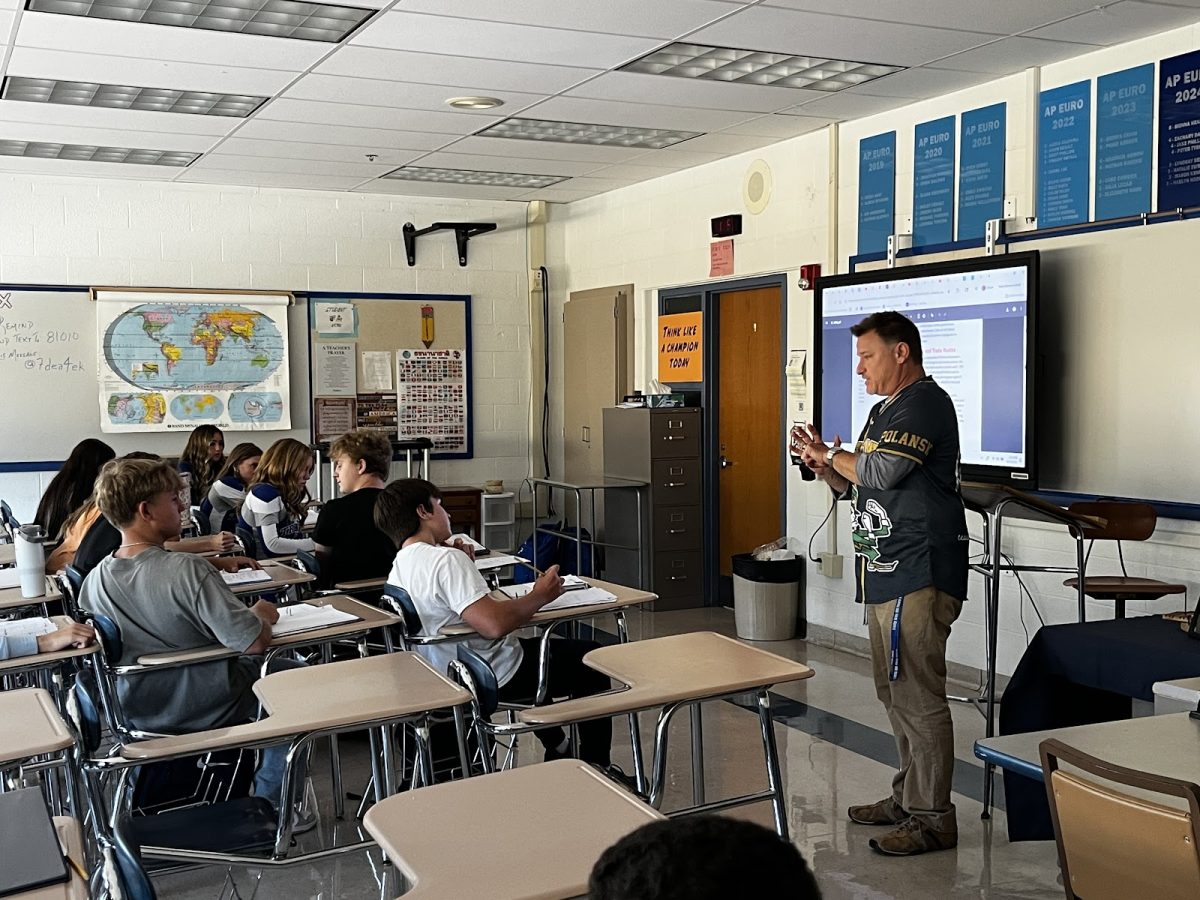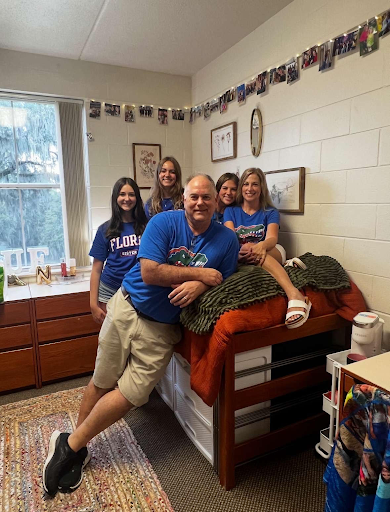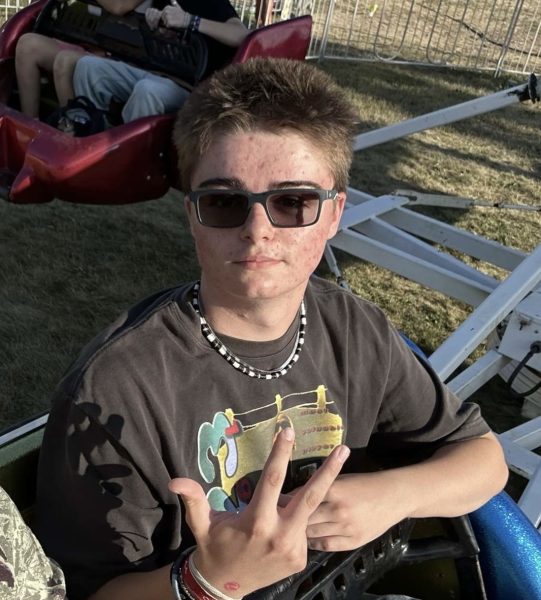Trinity High School JROTC member and Senior Caden Williamson plans to join the police academy after he graduates in 2024. He recently took an interest in law enforcement rather than going into the military. He also has an interest in becoming a volunteer fireman.
Williamson gets the most joy out of helping people in need. There’s nothing that satisfies him more than helping someone, and being a police officer is a job that requires empathy.
No one in his family has been part of the police force; however, his father was an MPO (Military Police Officer), which is similar to being a law enforcement police officer. They have much of the same duties, but MPOs have limited jurisdiction and no off-duty powers to arrest.
Williamson has been a member of the Junior Reserve Officer Training Corps (JROTC) for all four years of high school.
He says, “Being in JROTC didn’t necessarily impact this decision, but rather prepared me for what life would be like if I do go that route. They don’t have many similarities, but it helped me grasp the basics.”
JROTC is one of the world’s largest character development and citizenship programs for youth. It teaches leadership skills and prepares students for the future.
Williamson is a born leader; he prides himself in his morality and strives to make a positive impact in any community he may be a part of.
Sergeant Major Harper says, “That’s just the type of individual he is … he has learned to become a leader. He has the motivation and drive … He always tries to do the right thing, even after making a mistake. That’s what being a leader is all about.”
Becoming an officer involves high-stress situations. A routine traffic stop can turn dangerous within minutes, so officers have to be able to stay level-headed and calm in all sorts of situations.
“In high-stress situations, most people start to move faster and their minds begin to race, but as long as you keep yourself calm, that’s what matters,” Williamson states.
In recent years, discussions of equality and police brutality have brought the role of policing into the spotlight. These can have an impact on the public’s view of police officers.
Williamson says, “I personally think the police violence has given all cops a bad name. While there are some bad police officers out there, the good ones are sometimes overlooked … I just think that when enough people talk bad about them every officer gets a bad reputation now.”
Building trust between law enforcement and the communities they serve is crucial for maintaining safety, the welfare of humanity, and justice in the community. It is a delicate balance that can be reached through commitment and transparency from both parties.
Trinity wishes Williamson the best of luck in his law enforcement career.

